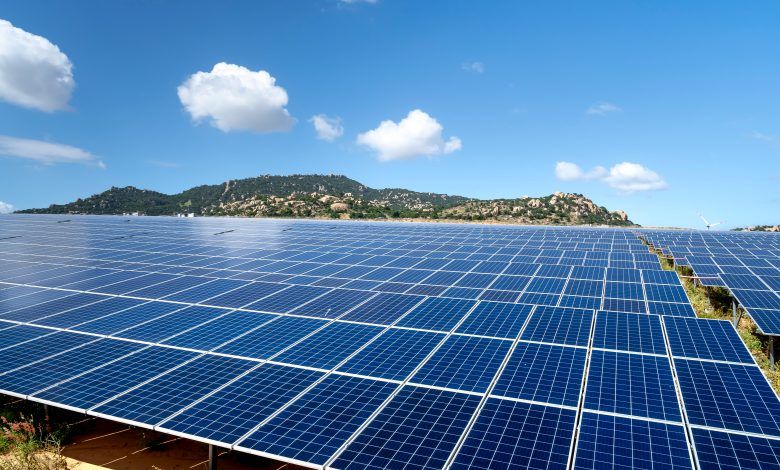Renewable energies in Latin America and the Caribbean

European Union companies accounted for 63% of all Foreign Direct Investment (FDI) projects in renewable energy announced between 2005 and 2022 in Latin America and the Caribbean.
Renewable energy is defined as energy supply derived from sources that do not run out, such as solar, wind and certain types of biomass, and reduces dependence on imported and increasingly expensive oil and natural gas.
In addition, according to Geosolar Technologies, growing environmental pressures, increasing economic hurdles for large power generation facilities, and U.S. national security interests are favorable drivers for renewable energy.
Renewable energy, including solar and wind, is the fastest growing segment of the energy industry worldwide.
European capital inflows have contributed to the dynamism of renewable energy markets and have accompanied the energy transition in Latin American and Caribbean countries.
According to ECLAC, the main investors have been Italy‘s Enel, which announced 99 projects amounting to US$16.8 billion, Spain‘s Iberdrola and France‘s Engie.
The three companies have announced around 18% of all FDI projects destined for the region.
Renewable energies
In line with the global trend, solar and wind technologies have attracted the largest number of FDI projects and have accounted for more than 70% of all investments in renewable energies.
ECLAC refers that investment announcements in renewable energy reached a peak in 2019, when more than 120 projects totaling US$20.5 billion were announced.
Since the Cvid-19 pandemic, a significant slowdown has been observed, which has mainly had two causes: the increase in the cost of capital that must be faced to implement solar and wind energy projects, and the reconfiguration of the energy agenda in Europe and the United States.
In 2022, project announcements earmarked for renewables rebounded and grew 30% compared to 2021: 37 projects totaling $10.4 billion were announced.
That year, more than 50% of investments were earmarked for emerging technologies; in particular, 27% of them were directed to the development of advanced biofuels, and 25% to the implementation of hydrogen and green technologies projects.
![]()

